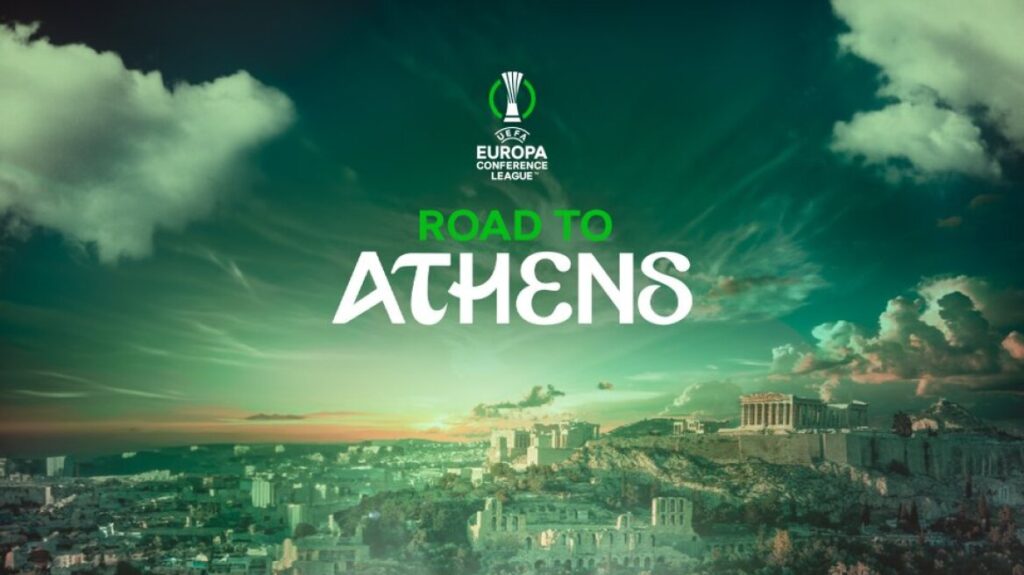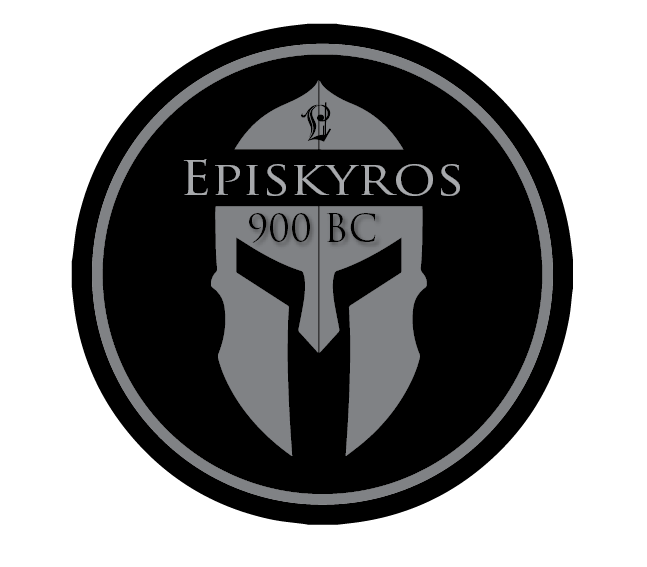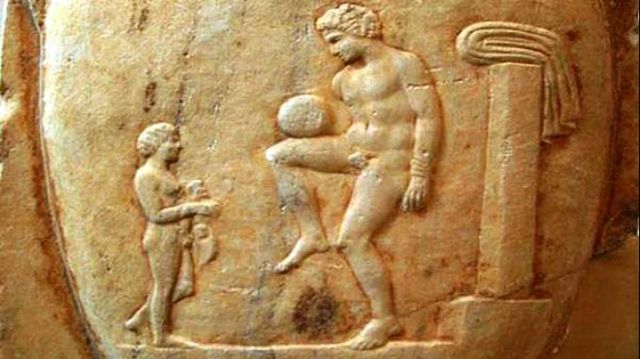Football’s Coming Home (to Greece)

On May 29, the Europa Conference League final will take place in Athens, Greece, the historic home of football (soccer). You might be thinking “What? That’s wrong, England in the home of football!”, as many people believe. But this is a common misconception, that football (soccer) started in England.
This has been so widely spread that most people believe it to be true (Football’s Coming Home is the slogan of English football fans ever since The Lightning Seeds released the song in the 90’s). During the Euro 2020 final match between England and Italy, Italian fans even put a sarcastic spin on that slogan and said Football’s Coming Rome, in what turned out to be an almost prophetic slogan that carries deeper meaning than most people realize.
Ancient origins of football
It was actually the Romans that first brought football to England during the Roman conquest of Britain over 2000 years ago, after they themselves had copied it (as they did many other things) from the Greeks. The Greek sport of Episkyros was adapted by the Romans who called it Harpastum. These are considered among the earliest forms of football known, and while some claim these sports are more similar to rugby in some respects, one can see the evolution of these sports to the football that we know today.

So next time you hear an English fan tell you they created football, remind that while they might have helped evolved the sport into its modern form and establish the modern rules, the history of football goes back way further, back to the home of the Olympics, the country that pioneered sports competitions way before most modern countries even existed.
You might even say that the title “Home of Football” is a title earned and not just given, and Greece and Italy have both won the Euro in their recent history (Italy 2 times), and Italy has even won the World Cup 4 times, while England has just won 1 World Cup way back in 1966. Make up your own mind as to who deserves the title Home of Football. Watch the videos below if you want to learn more:
Episkyros: The Ancient Greek Football Game
Episkyros, also known as faininda or harpaston, was an ancient Greek ball game that bears striking similarities to modern-day football. Here’s what we know about this early form of the sport:
- Evidence from Ancient Artifacts:
- An ancient Greek artifact housed in the National Archaeological Museum in Athens provides evidence of a football-like game being played as early as the 4th century BC.
- Episkyros involved two teams competing by throwing a ball over the heads of the opposing team1.
- Gameplay and Rules:
- The game was played on a marked field with a central line dividing the two teams and additional lines behind each team to mark the ends of the field.
- The objective was to play until one team was forced behind the line at their end. To score a point, the ball had to pass the opposing team’s back line.
- Episkyros was typically played between two teams of 12 to 14 players each.
- Unlike modern football, Episkyros allowed full contact and the use of hands. Teams would attempt to throw the ball over the heads of the other team.
- The ball used in Episkyros was made of pieces of leather sewn together with animal entrails and painted in bright colors. It was smaller than a modern soccer ball.
- Cultural Significance:
- Episkyros was not the only ball game played in ancient Greece. Other ball games included aporraxis and urania, which involved kicking, throwing, or hitting a ball to gain territorial advantage over the opposing team.
- These ball games were not only played for leisure but also had significant cultural and social impact. Ancient artworks depict athletes playing these games, and references to ball games appear in Greek literature, including Homer’s Iliad and Odyssey.
- Galen’s Perspective:
- Galen (Galenos in Greek), a prominent Greek physician and philosopher, praised ball games like Episkyros. He emphasized that playing with a ball was accessible to everyone, regardless of wealth or occupation. It provided exercise for both feet and hands.

Episkyros and the Evolution of Football
The legacy of Episkyros extends beyond ancient Greece. The Romans adopted a version of this game, renaming it harpastum. They transformed it into a Latinized sport that retained the essence of snatching and passing the ball. This evolution eventually contributed to the development of modern football.
In summary, Episkyros stands as the mother of today’s football, bridging the gap between ancient Greek sports and the beloved game we know today. Its influence echoes through time, reminding us that the joy of kicking a ball transcends centuries and cultures.
0 Comments